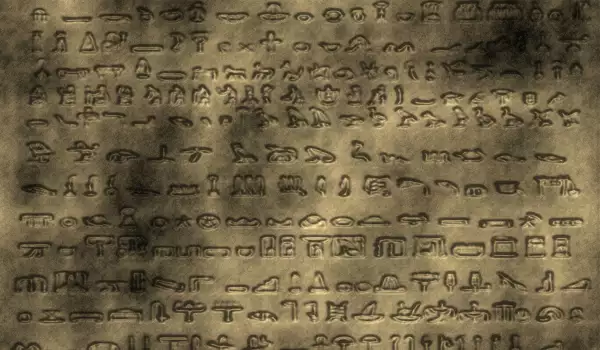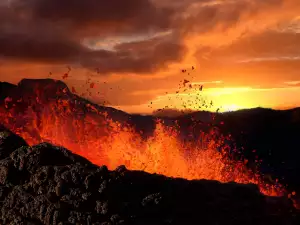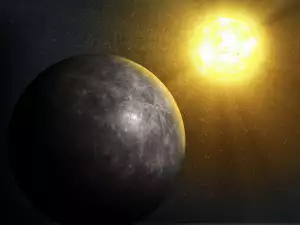There are more than 6900 languages spoken in our modern-day world. Some of them are used by hundreds of millions of people, others by only a handful. According to linguists, half of the languages that exist will disappear by the year 2050. Linguistics professor Peter K. Austin has investigated the current status of the languages of the world and has picked out the 10 which may never be spoken in the future. And here they are:
1. Jeru
This language is used by merely 20 people inhabiting the Andaman Islands in the Indian Ocean. It is believed that the history of the Andamanese languages began before the Neolithic period in Southeast Asia. According to experts, the languages of the Andaman Islands share nothing in common with any other language on Earth.
2. Nǀuu
This Khoisan language is spoken only by 10 elderly people, whose lands are located in the region of the Gemsbok National Park in the Kalahari, South Africa. The Khoisan languages are differentiated by the clicking consonant sounds used in them. The language closest to Nǀuu is ! Xóõ (also known as Ta'a, and spoken by about 4000 people).
3. Ainu
Ainu is used by several elderly people on Hokkaido Island in the northern part of Japan. These people are descendents of the original inhabitants of Japan, but the Japanese government only began recognizing them as a minority in 2014. Language is unique in its use of very complex verbs that carry the meaning of an entire sentence.
4. Thao
The language owes its origins to the area around Sun Moon Lake in central Taiwan. Currently it is spoken by only a few old people there. The other locals speak Taiwanese Chinese (Min Nan). Thao somewhat resembles the languages that are spoken in the Philippines, Indonesia and Pacific Ocean regions. It was characteristic of the Austronesian population before those peoples headed off in different directions.
5. Yuchi
Only 5 people, all over 75 years of age and living in Oklahoma, USA, speak Yuchi. It is considered an isolated tongue since it is unlike any other language spoken on Earth. Nouns in Yuchi have 10 genders indicated by word endings. Currently, experts are trying to record the language on audio so that it can be taught and one day be reborn.
6. Oro Win
The Oro Win community inhabits the western Brazilian state of Rondônia. It is almost cut off from the rest of the world and today the population numbers no more than 50. Unfortunately, only 5 of these continue to communicate using that language. Oro Win is 1 of only 5 languages that uses a sound that linguists call "voiceless dental bilabial trilled affricate".

7. Kusunda
Kusunda is a tongue which was once spoken by hunter-gatherers from West Nepal. Linguists believed that it was no longer spoken by anyone. Surprisingly, experts from Tribhuvan University in Kathmandu managed to locate 8 people who still used it. It, like many of the others, also does not come close to any other language.
8. Ter Sami
It is the easternmost of the Saami language group in the Kola Peninsula in Russia. Ter Sami is spoken by just 10 out of 100 elderly people of the ethnic group of the same name. The rest use Russian. Ter Sami is related to Finnish and other Uralic languages that are spoken in Russia.
9. Guugu Yimidhirr
Guugu Yimidhirr is what the Australian aborigines use to communicate. It is used in Hopevale near Cooktown in the northern part of the state of Queensland by nearly 200 people. The word "kangaroo" (which is widely used throughout the world) originated from this language. Guugu Yimidhirr is distinguished by the special phrases which are used only when talking about certain relatives.
10. Ket
Ket is the last remaining language of a group of languages used near the Yenesei River in East Siberia. Currently, it finds use by around 600 people. However, children are not taught it since their parents prefer to speak Russian. Ket is unique in that the pitch of voice can give a different meaning to words that sound the same. It features remarkably complex grammar and word structure.














